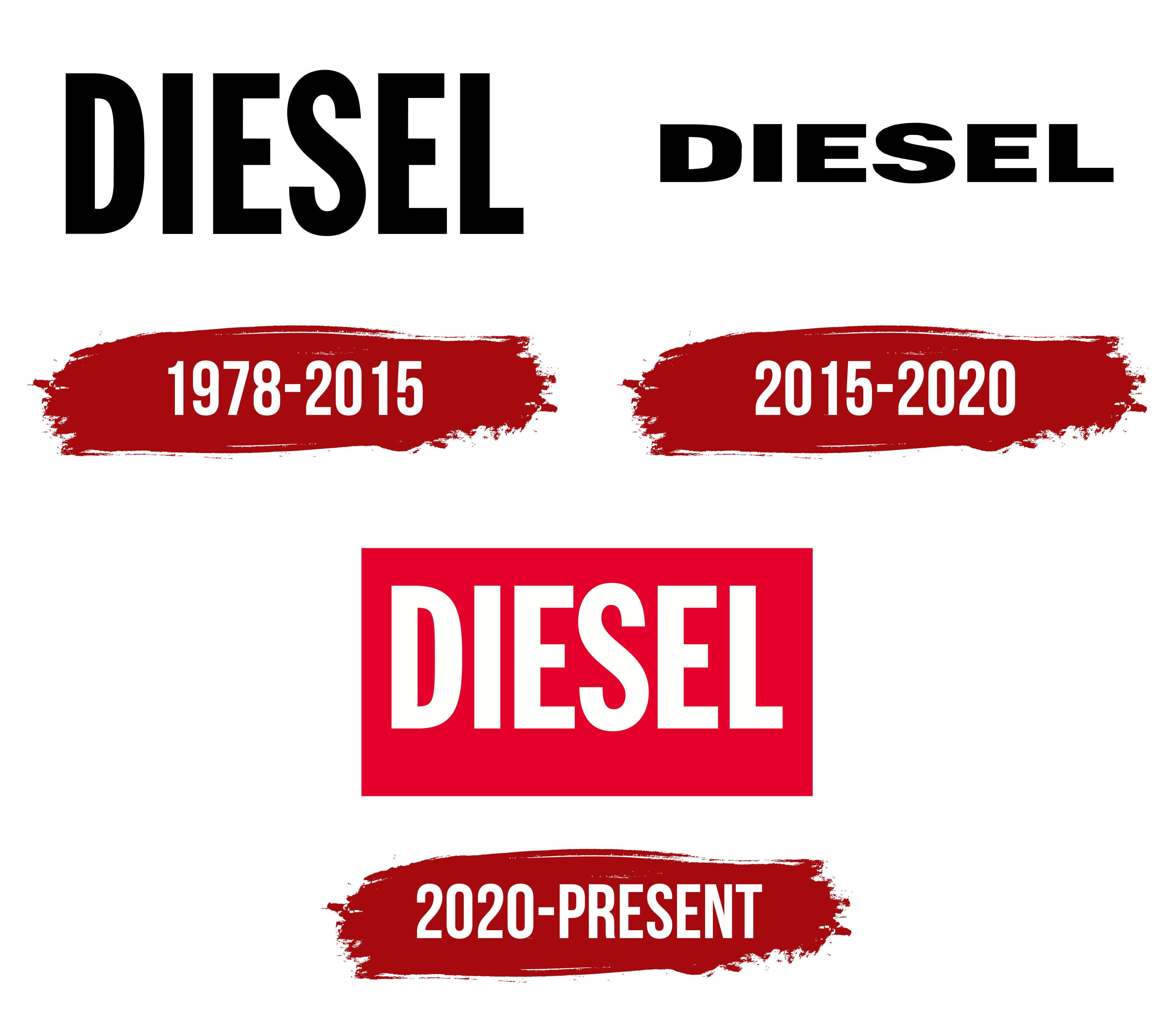Why Diesel Still Reigns Supreme: A Deep Dive Into The World Of Diesel Power
Let’s be honest here, folks—diesel isn’t just some fuel that powers big rigs and tractors; it’s a powerhouse that keeps the world moving. From construction sites to highways, diesel engines are the backbone of modern transportation and heavy machinery. But why exactly does diesel continue to dominate despite the rise of electric vehicles and alternative fuels? Let’s break it down, shall we?
Diesel has been around for over a century, but its relevance today is stronger than ever. It’s not just about powering trucks; it’s about efficiency, reliability, and sheer grunt that no other fuel can match. Whether you’re talking about long-haul freight or off-road adventures, diesel is the go-to choice for those who need serious performance.
In this article, we’ll explore everything you need to know about diesel—from its history and advantages to its future in a rapidly changing world. So buckle up, because we’re diving deep into the diesel game!
Read also:Alex Rox The Rising Star Of Modern Entertainment
Table of Contents
- The Fascinating History of Diesel
- How Diesel Engines Work
- Advantages of Using Diesel
- Disadvantages of Diesel
- The Environmental Impact of Diesel
- Diesel vs. Gasoline: Which One Wins?
- The Future of Diesel in a Green World
- Common Myths About Diesel
- Diesel Engine Maintenance Tips
- Wrapping It Up: Is Diesel Here to Stay?
The Fascinating History of Diesel
Diesel’s story begins back in the late 19th century with a brilliant German engineer named Rudolf Diesel. He envisioned a more efficient way to convert fuel into energy, and voila—the diesel engine was born. Unlike gasoline engines, which rely on spark plugs, diesel engines use compression to ignite fuel, making them far more efficient for heavy-duty applications.
Fast forward to today, and diesel engines are everywhere. They power everything from massive ships to compact cars, proving their versatility time and again. But how exactly did diesel become such a dominant force? Let’s take a look at the key milestones in its evolution:
- 1892: Rudolf Diesel patents the first diesel engine.
- 1912: The first diesel-powered ship, the Selandia, sets sail.
- 1930s: Diesel engines start becoming popular in trucks and buses.
- 2000s: Modern advancements in diesel technology lead to cleaner and more efficient engines.
Why Diesel Stood the Test of Time
One of the main reasons diesel has remained relevant is its adaptability. As technology evolved, so did diesel engines. Innovations like turbocharging and common rail injection systems have made them more efficient, quieter, and cleaner than ever before.
How Diesel Engines Work
Now, let’s get into the nitty-gritty of how diesel engines actually work. Unlike gasoline engines, diesel engines don’t use spark plugs to ignite fuel. Instead, they rely on high compression ratios to generate the heat needed for combustion. Here’s a quick breakdown:
- Air is drawn into the engine and compressed to extremely high pressures.
- Diesel fuel is injected into the compressed air, causing it to ignite due to the heat generated by compression.
- The explosion pushes the pistons, creating the power needed to move the vehicle or machinery.
This process might sound simple, but it’s incredibly efficient. Diesel engines typically produce more torque than gasoline engines, making them ideal for heavy loads and long distances.
Advantages of Using Diesel
So, what makes diesel so special? Here are some of the key advantages:
Read also:Alexanen The Rising Star You Need To Know
- Efficiency: Diesel engines are more fuel-efficient than gasoline engines, meaning you can go further on a single tank.
- Torque: Diesel engines produce more torque, which is perfect for towing and hauling heavy loads.
- Durability: Diesel engines are built to last, often outlasting their gasoline counterparts.
- Cost Savings: While diesel fuel might be slightly more expensive, the overall cost savings from better fuel economy can add up over time.
Real-World Examples
Take the example of long-haul trucking. Diesel engines are the backbone of this industry because they can handle the demands of continuous operation without breaking a sweat. Similarly, construction equipment like bulldozers and excavators rely on diesel for its raw power and reliability.
Disadvantages of Diesel
Of course, nothing is perfect, and diesel has its downsides too. Here are a few:
- Initial Cost: Diesel vehicles and machinery tend to be more expensive upfront.
- Emissions: Diesel engines produce more nitrogen oxides (NOx) and particulate matter, which can contribute to air pollution.
- Noise: Diesel engines are generally louder than gasoline engines, which can be a downside for some users.
However, advancements in technology are helping to mitigate these issues. Modern diesel engines are cleaner and quieter than ever before, making them a more attractive option for environmentally conscious consumers.
The Environmental Impact of Diesel
When it comes to the environment, diesel has had its fair share of scrutiny. The emissions from diesel engines have been linked to air pollution and health problems. However, it’s important to note that modern diesel engines are far cleaner than their predecessors.
Thanks to regulations like the Euro 6 and EPA Tier 4 standards, manufacturers have had to innovate to reduce emissions. Technologies like selective catalytic reduction (SCR) and diesel particulate filters (DPFs) have significantly cut down on harmful pollutants.
Is Diesel Getting Greener?
Absolutely. The rise of bio-diesel and synthetic fuels is paving the way for a more sustainable future. These alternatives can be produced from renewable resources and offer a cleaner burn than traditional diesel.
Diesel vs. Gasoline: Which One Wins?
This is a question that’s been debated for years, and the answer really depends on your needs. If you’re looking for raw power and efficiency, diesel is the clear winner. However, if you prioritize smoothness and lower upfront costs, gasoline might be the better choice.
Here’s a quick comparison:
- Fuel Efficiency: Diesel wins hands down.
- Performance: Diesel offers more torque, while gasoline provides better horsepower.
- Maintenance: Diesel engines require more maintenance, but they last longer.
Ultimately, the decision comes down to what you value most in a vehicle or piece of machinery.
The Future of Diesel in a Green World
With the push towards sustainability and electric vehicles, some might wonder if diesel has a future. The short answer is yes, but it will look different. As mentioned earlier, advancements in bio-diesel and synthetic fuels are opening up new possibilities for cleaner diesel engines.
Additionally, hybrid diesel-electric systems are becoming more common, offering the best of both worlds. These systems combine the efficiency of diesel with the environmental benefits of electric power, making them a compelling choice for the future.
Adapting to Change
The key for diesel is adaptability. As the world shifts towards greener solutions, diesel will need to evolve to meet these demands. But with its long history of innovation, there’s no reason to think it won’t succeed.
Common Myths About Diesel
There are a lot of misconceptions about diesel floating around, so let’s clear some of them up:
- Myth: Diesel is always dirty. Reality: Modern diesel engines are much cleaner thanks to advancements in technology.
- Myth: Diesel is too noisy. Reality: While diesel engines were once notorious for their loud rumble, modern designs have significantly reduced noise levels.
- Myth: Diesel is going away. Reality: Diesel is evolving, not disappearing. It will continue to play a crucial role in transportation and industry.
Diesel Engine Maintenance Tips
Proper maintenance is key to keeping your diesel engine running smoothly. Here are a few tips:
- Regular Oil Changes: Diesel engines require frequent oil changes to ensure optimal performance.
- Air Filter Replacement: Keep your air filter clean to prevent dirt and debris from entering the engine.
- Fuel System Care: Use high-quality fuel and consider adding a fuel additive to keep the system clean.
By following these simple steps, you can extend the life of your diesel engine and avoid costly repairs down the line.
Wrapping It Up: Is Diesel Here to Stay?
So, where does that leave us? Diesel remains a vital part of our world, powering everything from trucks to construction equipment. While the landscape is changing, diesel’s adaptability and efficiency ensure it will continue to play a significant role for years to come.
We’d love to hear your thoughts on diesel. Do you think it will remain a dominant force, or will electric alternatives take over? Leave a comment below and let’s keep the conversation going. And don’t forget to share this article with your friends who are as passionate about diesel as you are!
Stay tuned for more insights into the world of diesel and beyond. Until next time, keep those engines running strong!


